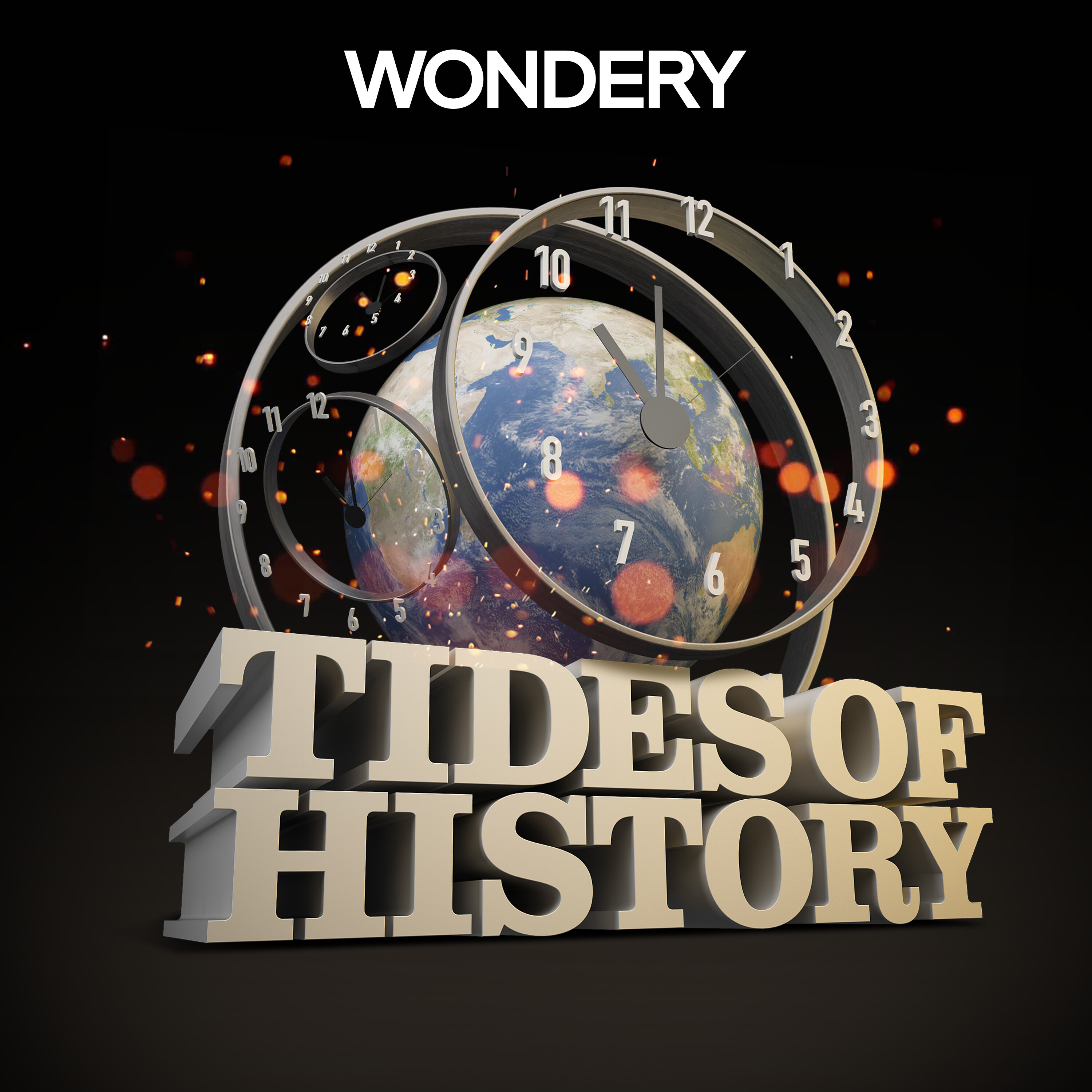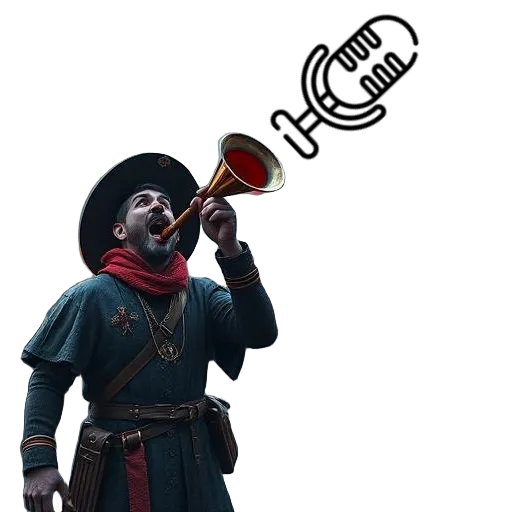Childhood, Motherhood, and the Body in Iron Age Europe: Interview with Professor Katharina Rebay-Salisbury
Episode 69 - Dr. Jacob Lauinger
The Last Kings of Rome and the Foundation of the Roman Republic
97. The remarkable world of hospitals, orphanages, and leprosaria, with Tim Miller
The Hallstatt Culture, the Celts, and the Rise of the European Iron Age
Episode 68 - Dr. Jennifer Stager
087: Ptolemaic Egypt - The Great Revolt
21. Death of a King
Alexander the Great
• 




